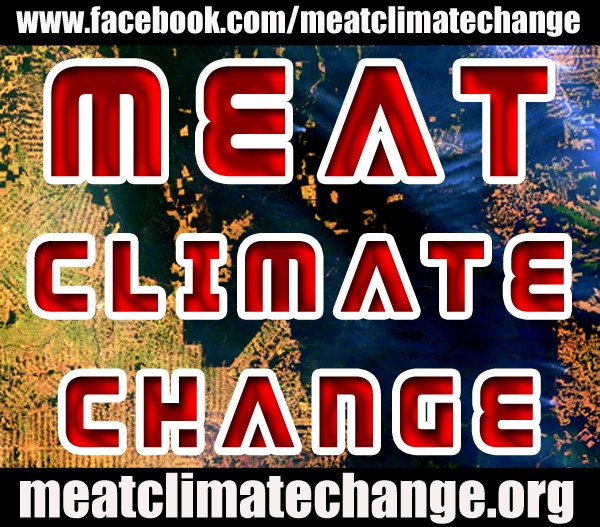The Paleo diet is one of the fastest-growing diet trends in America, and exponents believe the "ideal" diet is one based on the plants and animals humans ate as gatherer-hunters. Paleo proponents maintain that there is a mismatch between human genes, history, and the modern diet, and declare that people were healthier and happier before agriculture flooded human diets with "Neolithic" grains and sugar.
"Grain Brain" and other bestselling books have sought to redeem the nutritional profile of animal carcass and convince people that high-carb diets promote unhealthy levels of brain and gut inflammation. Neurologist David Perlmutter asserts that bread is not just bad for the digestive system, but it also wreaks havoc on the mind.
" Modern grains are silently destroying your brain," Perlmutter writes. "Basically, I am calling what is arguably our most beloved dietary staple a terrorist group."1 Scientists referring to plants as terrorists serves to highlight the evangelical fervor of the Paleo second-coming, which includes hundreds of medical professionals who practice "evolutionary medicine."
However, medical doctors know little about evolution, and it is very difficult to design a clinical trial based on historical diets. Paleolithic foods have been modified, and are no longer available in their original forms. And, there is scant evidence that the neo-paleo diet works as a weight management tool, with little support for the Paleo diet in the medical and nutritional literature.
Humans did not stop evolving 10,000 years ago or at any other point in time, and so human diet was never "ideal." Evolution can work very quickly, and modern humans are not biologically identical to ancient cave dwellers. Earlier hominins ate a diet of mostly raw, fiber-rich plants, and archaeological evidence suggest most humans have been eating grains and legumes, and not that much meat, for milennia.
During the early Paleolithic period, tubers, seeds, fruits, nuts and other starchy foods were readily available and contributed the evolution of humans oversize brains. Since the human brain uses as much as 25 percent of the body's energy and up to 60 percent of blood glucose, it probably could not have grown so large on a low-carbohydrate diet. Also, pregnancy and lactation requires more glucose, and low maternal blood glucose compromises the health of females and their fetus. Plus, analysis of European DNA show they had extra copies of amylase genes to break down starchy foods, long before the domestication of plants.
Far from being a novelty, the Paleo craze has historically run in tandem with modern development, with more wealth equating to more meat, and more meat equals to more heat. In fact, livestock production is a leading cause of the Anthropocene, the modern era that begins when human activities started to have a significant global impact on Earth's ecosystems with massive deforestation, land degradation, extinction and loss of biodiversity. This delirium is rapidly destroying natural resources and proponents risk returning all humans back to the stone age.
In promoting red meat and rejecting grains, the Paleo diet turns the food pyramid on its head and challenge what nutritionists have been advocating for five decades, that high-fiber, low-fat beans and whole grains should be part of a healthful diet. Paleo dieters care about their health, and advocates recommend eating organic, pastured, holistically grazed animal protein. But there is not near enough grazing land to produce sustainable animal carcass, dairy and eggs for seven billion people now, or 9.6 billion by 2050.
It is critical to understand that human health is inextricably bound to the health of Earth's ecosystems. Humans cannot be healthy living on a polluted, deforested and hot-house planet. Humans are but one link in the web of life, and that web is being polluted and stretched to the breaking point by animal-based agriculture. And, with demand for animal products set to increase by 50 percent from 2013 to 2025, and 70 percent by 2050, this out-to-lunch solution of 'Let them eat steak' is an unadulterated global warming disaster.
On the other hand, switching to plant-based protein sources aids in the reduction of global warming, nitrogen pollution, ocean acidification, and land use. This is crucial to reverse the effects of the Anthropocene and prevent our rapid descent into a chaotic and increasingly uninhabitable future.
1 David Perlmutter and Kristin Loberg. 2013. "Grain Brain: The Surprising Truth about Wheat, Carbs, and Sugar - Your Brain's Silent Killers. Little, Brown and Company. Page 2.






